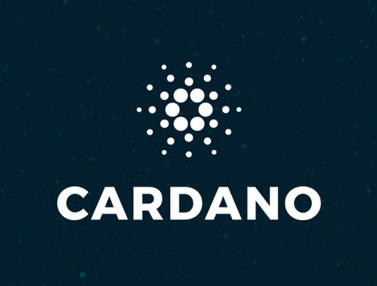Cardano is a blockchain platform and cryptocurrency project that aims to provide a secure and sustainable platform for the development of decentralized applications (dApps) and smart contracts. It was created by Charles Hoskinson, one of the co-founders of Ethereum, and his company IOHK (Input Output Hong Kong).
Cardano is designed to be a third-generation blockchain platform, building upon the shortcomings of earlier generations (such as scalability, sustainability, and interoperability) and introducing innovative solutions. It uses a proof-of-stake consensus algorithm called Ouroboros, which aims to be energy-efficient and secure.
One of the key features of Cardano is its focus on academic research and scientific principles. The project incorporates peer-reviewed research to ensure the development of a secure and robust blockchain protocol. It is divided into distinct layers to separate the accounting and computation layers, which allows for better security, scalability, and flexibility.
The cryptocurrency associated with Cardano is called ADA. ADA can be used for transactions within the Cardano network, as well as for staking and participating in the platform’s consensus mechanism. Staking ADA allows users to earn rewards and contribute to the network’s security and governance.
Cardano has a long-term roadmap with different phases, including Byron, Shelley, Goguen, Basho, and Voltaire. These phases introduce various enhancements and functionalities to the Cardano ecosystem, such as decentralized governance, smart contracts, and scalability improvements.
Overall, Cardano aims to provide a platform for the development of decentralized applications and smart contracts while addressing scalability, sustainability, and interoperability challenges commonly associated with blockchain technology.

advantages and disadvantages of Cardano
Cardano is a blockchain platform that uses proof-of-stake consensus and the native cryptocurrency ADA. It was founded by Charles Hoskinson, who was also one of the co-founders of Ethereum. Cardano is designed to be more scalable, secure, and energy-efficient than other blockchain platforms.
Advantages of Cardano
- Scalability: Cardano is designed to be scalable, meaning that it can handle a large number of transactions per second. This is in contrast to some other blockchain platforms, such as Bitcoin, which are limited in their scalability.
- Security: Cardano is designed to be secure, using a proof-of-stake consensus mechanism. This means that there is no need for miners to compete for blocks, which reduces the risk of centralization and hacking.
- Energy efficiency: Cardano is designed to be energy-efficient, using a proof-of-stake consensus mechanism. This means that it consumes less energy than other blockchain platforms, such as Bitcoin, which use a proof-of-work consensus mechanism.
- Decentralization: Cardano is designed to be decentralized, meaning that it is not controlled by any one entity. This is because it uses a proof-of-stake consensus mechanism, which allows anyone to participate in the network.
- Community: Cardano has a strong community of developers and users. This community is constantly working to improve the platform and make it more user-friendly.
Disadvantages of Cardano
- New platform: Cardano is a relatively new platform, which means that it is still under development. This means that there may be some bugs or security vulnerabilities that have not yet been discovered.
- Lack of adoption: Cardano is not as widely adopted as some other blockchain platforms, such as Bitcoin and Ethereum. This means that there are fewer applications and services available on the Cardano network.
- Price volatility: The price of Cardano is volatile, meaning that it can fluctuate wildly. This can make it difficult to use Cardano as a currency.
Overall, Cardano is a promising blockchain platform with a number of advantages. However, it is still under development and has some disadvantages.